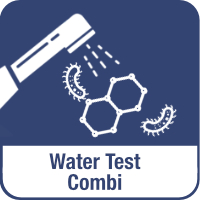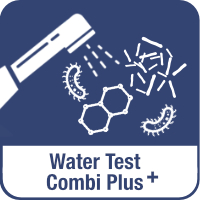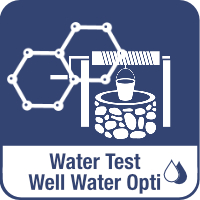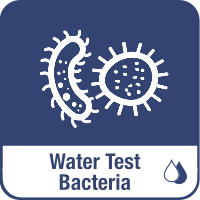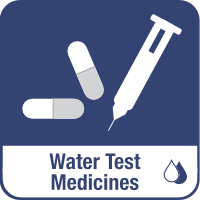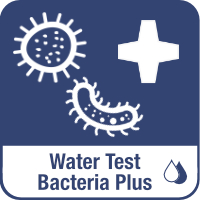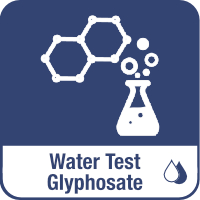- Water tests
- Air and pollutants analysis
- Mold analyses
- Asbestos analyses
- Rapid tests
-
Knowledge
- Further news
- Analysis made easy
- Tap and drinking water in Switzerland
- Facts about Indoor Air
- Facts about Mold
- Facts about Asbestos
-
Water quality in Switzerland
- Water Scarcity and Water Quality
- Drinking Water in Switzerland
- Tap Water in Switzerland: Quality and Controls
- Drinking Fountains in Switzerland
- Water Quality - Canton Basel
- Water Quality - Canton Bern
- Water Quality - Canton Geneva
- Water Quality - Canton Zurich
- NEWS: Zurich Drinking Water Map
- Drinking Water - City of St. Gallen
- Water Quality - City of Baden
- Water Quality - City of Bern
- Water Quality - City of Zurich
- Water Analysis - City Lucerne
- Water Quality - City of Winterthur
- The Water Supply of the City of Thun
- Initiative for Clean Drinking Water
- Nature's Thirst Quenchers: Fountains and Springs on Your Hike
- Partnership with WATER FOR WATER (WfW)
- Help & Services
How is the water supply in the Canton of Zurich ensured?

The Canton of Zurich is supplied with 40% of its water from Lake Zurich. A rich groundwater reservoir is present in the region, which means supply bottlenecks rarely occur. The communal infrastructures are well networked with each other, so that in the event of regional bottlenecks, interregional suppliers can step in.
95% of the population is connected to the public water supply. The supply is based on several independent pillars – if one fails, the others take over. The piping system is high-quality, stable, and continuously maintained.
How water quality is checked in the Canton of Zurich
The Directorate of Health is responsible for the regular testing of drinking water. Both origin and changes are monitored. Chemical analyses detect contamination by heavy metals, organic trace substances, nitrates, or corrosion parameters.
Groundwater catchment areas and lake water treatment plants are particularly monitored for residues of pesticides. In addition, there is close cooperation with the water protection laboratory of AWEL (Office for Waste, Water, Energy and Air).
The Cantonal Laboratory Zurich also checks water quality in bathing facilities. The lakes are managed by the Surface Water Protection Section of AWEL, including:
- Hüttnersee
- Lake Zurich
- Greifensee
- Türlersee
- Six selected small lakes
The inspection takes place every two years on a monthly basis and is based on the Water Protection Ordinance (GSchV).
What is the water hardness of drinking water in the Canton of Zurich?
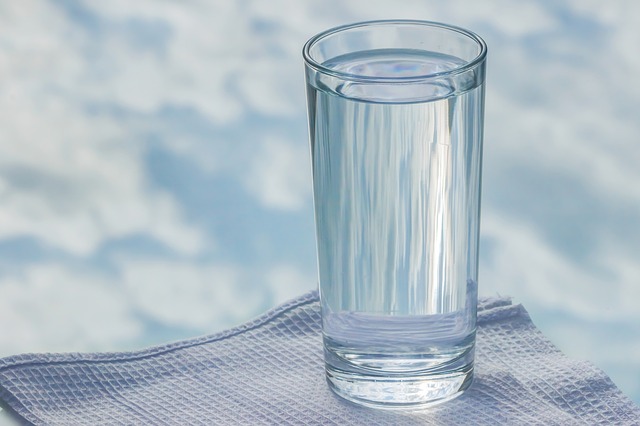
Water hardness affects both taste and technical aspects such as deposits in household appliances. The concentrations of dissolved magnesium and calcium ions are decisive.
In the Mittelland, the water is rather hard, in Ticino very soft. In the Canton of Zurich, water hardness is usually between 14–18 °fH, in individual cases significantly higher:
- Rümlang: up to 41 °fH
- Volken: 43–46 °fH
- Zumikon: 15–16 °fH (one of the softest waters in the region)
Are there challenges in water supply?
In principle, tap water in Switzerland can be consumed without hesitation – provided that the in-house pipes are in good condition.
However, due to intensive agricultural use and fertilizer application, increasing amounts of nutrients are entering the groundwater. Therefore, wastewater treatment plants are gradually being expanded with additional treatment stages.
Information on local water quality is available from, among others, the SVGW (Swiss Association for Gas and Water).
Further information
✔ Heavy metals and pollutants
✔ For general drinking water, softeners
✔ Legionella, heavy metals and pollutants
✔ For general drinking water and softeners
✔ Heavy metals and contaminants
✔ Separate bacteria test recommended
✔ Heavy metals and contaminants
✔ Separate bacteria test recommended
✔ Analysis for lead also included
✔ Separate bacteria test recommended
✔ Focus on bacterial contamination
✔ For general drinking water, softeners
✔ Most common contaminants
✔ Bacteria analysis available separately
✔ 12 common pharmaceuticals
✔ e.g., diclofenac, ibuprofen
✔ Most common pesticides
✔ Glyphosate separate analysis
✔ E. coli, coliform bacteria
✔ Enterococci
✔ Commonly used pesticide
✔ Possibly carcinogenic
✔ 20 common PFAS chemicals
✔ Per- and polyfluorinated alkyl substances

